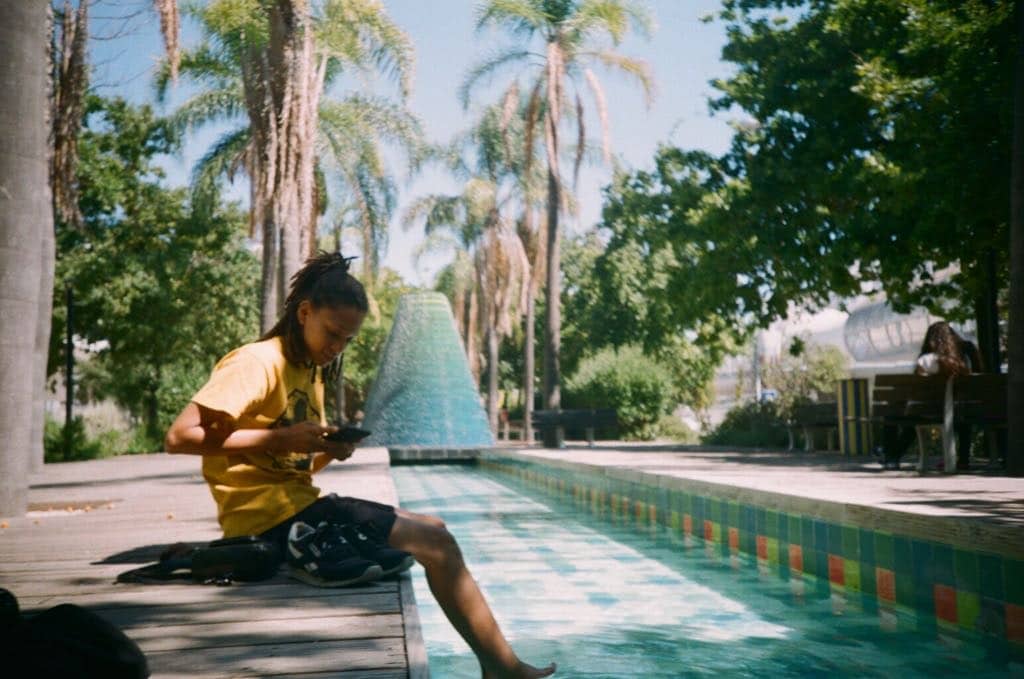When straight cisgender people travel, they think about the sun, spending money and which tourist spots to hit first.
But travelling as queer person means having to think about homophobia, and about the more than 70 countries in the world where homosexuality is illegal. Travelling as a Black person means having to think about the anti-Black racism that remains entrenched around the world. And travelling as a Black queer person – in a world where more than half of LGBT+ people of colour have faced racist discrimination from within the queer community, never mind outside of it – means thinking about both.
This is something Paula Akpan, the Black British lesbian journalist and historian, knows all too well.
Once, when trying to plan a trip with her girlfriend, Akpan made a list of countries around the world, skipping the ones where they might face threats of violence from racism or homophobia. It left a very small, sad list of places that might be safe.
“For the longest time I wanted to go to Italy, until I saw Black people being like: ‘No!’” she tells PinkNews.
Although historically beautiful and easy to get to from London (where Akpan lives) Italy has a serious problem with racism, something many travellers might not be immediately aware of. For reasons such as this, Akpan and many like her are reliant on word of mouth when planning.
“I’m very dependent on what other people – specifically Black people, and ideally, Black queer people – have to say about places that they’ve been,” Akpan adds.
“When you’re having a gay bar being described to you, it’s like, but is it white? Is this a space that I’ll feel comfortable with?”
Out of this experience came the idea for The Black Queer Travel Guide, a resource that hopes to stop people from having to choose between their Blackness and their queerness when travelling.
A web app populated by articles written by queer Black locals, the guide would make travel and exploring while queer and Black easier safer and more enjoyable.
Using it would be as easy, Akpan explains, as saying “you have 24 hours in Rio de Janeiro, here are the places that you need to go. And all of these places are Black queer-friendly or Black queer-owned”.
At its heart, The Black Queer Travel Guide is about more than just vacationing – it’s also about connecting and building ties across the diaspora, enabling users to find community in the countries that they or their families are originally from.
“In a country where it’s criminalised to be queer, then of course, you’re going to be somewhat underground, or will be using language or platforms in a way that isn’t as easily accessible,” explains Akpan. “If you don’t know where to look, it can feel like you are the only Black queer person in a country.”
So far, Akpan has created a web app to host The Black Queer Travel Guide with a group of developers, and is crowdfunding to commission Black queer travel writers from around the world to populate it, offering unmatched insider knowledge, authentic information and resources.
Funds raised will also go towards moderating the guide, with second stage funding going towards the development of a fully-fledged app.
“In five years time, I would love to have a downloadable app,” explains Akpan. “You arrive at your destination, you open it and there’s a pinpointed map that shows you what’s going around in your area with ambassadors from various countries who are happy to show people around.”
The crowdfunding site is currently live and welcoming donations here.
